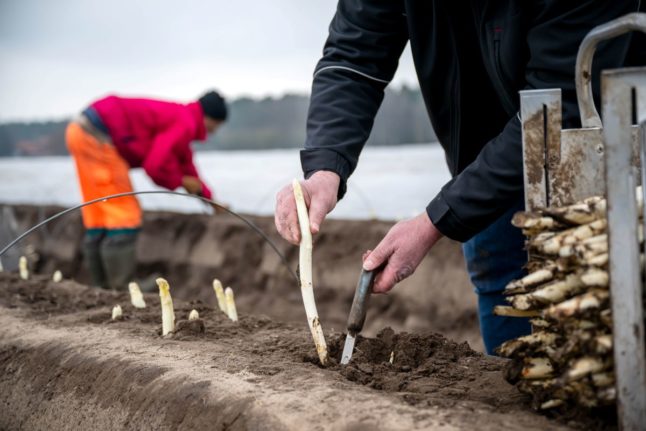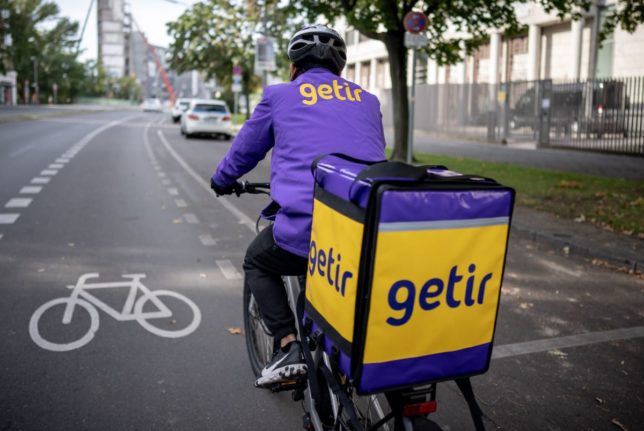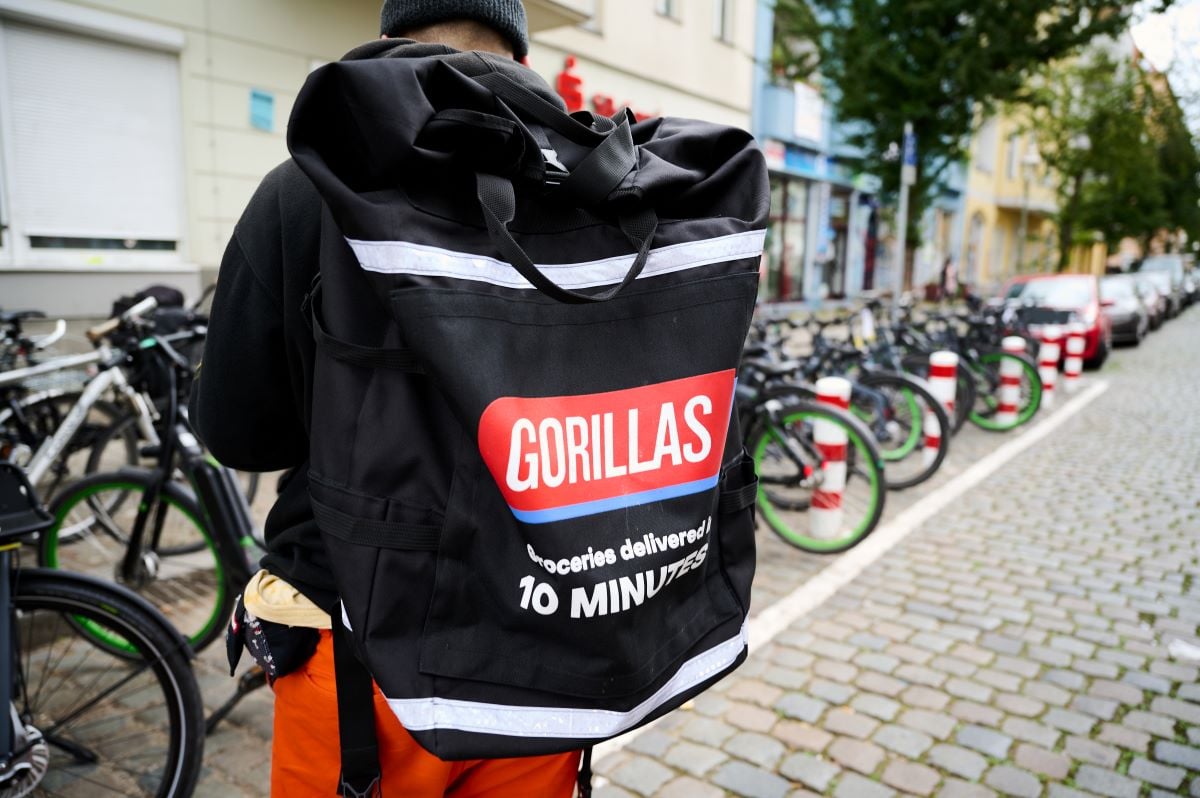Brace yourself for asparagus over everything.
It’s almost Spargelzeit (asparagus time) — the beloved time of year when asparagus is harvested and is therefore featured on virtually every menu across the Bundesrepublik.
READ ALSO: Spargelzeit: Six things to know about the German love affair with asparagus
Due to warmer temperatures in Germany this year, Brandenburg’s asparagus farmers are expecting a good season with an early harvest this year.
“We have been harvesting asparagus in the region for a few days due to the mild temperatures,” chairman of the Beelitz Asparagus Association, Jürgen Jakobs, told DPA.
With temperatures expected to reach 18C to 20C over Easter weekend, he expects strong growth to come. Sunny spring weather is ideal for asparagus cultivation.
The spear shaped vegetables can be expected to hit supermarket shelves in the early days of April.
What can I cook with asparagus?
Classic German asparagus recipes are intentionally simple; such as asparagus served with melted butter and potatoes (Spargel mit Butter), or with ham (Spargel mit Schinken) or with hollandaise sauce (Spargel mit holländischer Sauce).
But during Spargelzeit it can seem as if restaurants are trying to one-up the competition by finding increasingly surprising ways to feature asparagus in unexpected dishes.
A rather versatile vegetable, asparagus can be sautéed, baked or boiled and is often paired with savoury, like a bit of meat, cheese or creamy sauce. It is also commonly included in salads, soups or on top of baked goods — such as on a pizza or frittata.
If you’re feeling a bit more experimental, you could try an asparagus gin martini.
Or, perhaps you’d like some asparagus for dessert? Such as this asparagus bundt cake, or this asparagus panna cotta.
READ ALSO: Spargelzeit recipe: Easy white and green asparagus tart

The going rate for asparagus
Compared to the same month last year, the price of asparagus has fallen by 9.9 percent. But when the first asparagus harvest hits the table in the coming weeks, consumers should expect higher than average prices, at least initially.
According to Germany’s Statistical Office, the sought-after stalks are more expensive at the beginning of the harvest in March or April than towards the end of the season in June.
Last year, prices in April were around 34.6 percent higher than in the following month of May, the office reported on Tuesday.
READ ALSO: Are Germans really falling out of love with white asparagus?
Where does Germany’s asparagus come from?
The majority of asparagus consumed in Germany is cultivated domestically, in rural areas throughout the country. In some regions is celebrated extensively.
For example, the city of Beelitz in Brandenburg hosts Spargel Fest each year in the beginning of June — an event that attracts more than 50,000 visitors. Also the town of Schwetzingen, in Baden-Württemberg regularly appoints an Asparagus Queen.
In fact, people who are especially fanatical about the folate-packed vegetable can travel along the “Asparagus Road” which connects the two cities.
In 2023, the area used for asparagus farming in Germany was reduced by four percent to 20,400 hectares. However organic asparagus farming managed to expand by three percent to 1,700 hectares.
The domestic harvest volume rose by 1.4 percent to just under 112,000 tonnes. The largest quantities were grown in Lower Saxony, Brandenburg and North Rhine-Westphalia.
In addition, 19,300 tonnes of asparagus was imported. The most important countries of origin were Greece (28 percent) and Spain (27 percent).
With reporting by DPA.




 Please whitelist us to continue reading.
Please whitelist us to continue reading.
Member comments